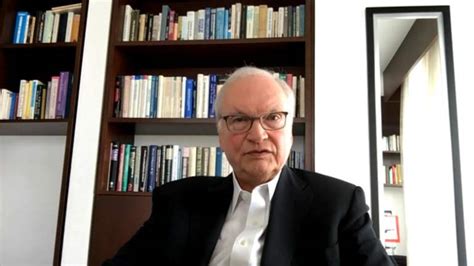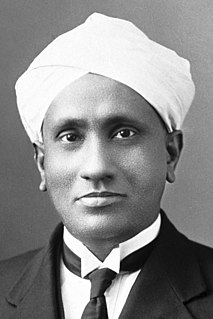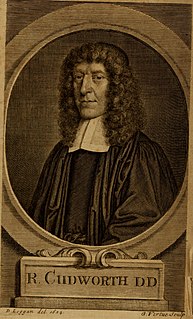A Quote by Franz Boas
The historical development of the work of anthropologists seems to single out clearly a domain of knowledge that heretofore has not been treated by any other science
Quote Topics
Related Quotes
Science is better paid than at any time in the past. The results of this pay have been to attract into science many of those for whom the pay is the first consideration, and who scorn to sacrifice immediate profit for the freedom of development of their own concept. Moreover, this inner development, important and indispensable as it may be to the world of science in the future, generally does not have the tendency to put a single cent into the pockets of their employers.
It is easy to see, though it scarcely needs to be pointed out, since it is involved in the fact that Reason is set aside, that faith is not a form of knowledge; for all knowledge is either a knowledge of the eternal, excluding the temporal and historical as indifferent, or it is pure historical knowledge. No knowledge can have for its object the absurdity that the eternal is the historical.
Our job should be like any other forensic scientist's - we should be truth seekers who are not partisan, who do not have any interest in the outcome, who call it as we see it no matter the consequences. But it seems a lot easier for chemists and anthropologists and pathologists to take that neutral role than it does for psychiatrists.
Anthropology... has always been highly dependent upon photography... As the use of still photography - and moving pictures - has become increasingly essential as a part of anthropological methods, the need for photographers with a disciplined knowledge of anthropology and for anthropologists with training in photography has increased. We expect that in the near future sophisticated training in photography will be a requirement for all anthropologists. (1962)
Creativity builds upon the public domain. The battle that we're fighting now is about whether the public domain will continue to be fed by creative works after their copyright expires. That has been our tradition but that tradition has been perverted in the last generation. We're trying to use the Constitution to reestablish what has always been taken for granted--that the public domain would grow each year with new creative work.
The process of inner self-examination brings about a knowledge that is as rigorous and supported by evidence as anything science has to offer. At the same time, this point of view redefines faith as a knowledge that is attained not only by intellectual means, but also through the rigorous development of the emotional side of the human psyche. Such emotional knowledge is unknown to the isolated intellect and has therefore been mistakenly labeled as "irrational."
Anxieties about ourselves endure. If our proper study is indeed the study of humankind, then it has seemed-and still seems-to many that the study is dangerous. Perhaps we shall find out that we were not what we took ourselves to be. But if the historical development of science has indeed sometimes pricked our vanity, it has not plunged us into an abyss of immorality. Arguably, it has liberated us from misconceptions, and thereby aided us in our moral progress.
I'm deeply interested in the photograph as a record of an encounter and enjoy putting myself in a timeline of image-makers, alongside other travelers, such as anthropologists, colonists, missionaries, even tourists. I do that to emphasize subjectivity, rather than privilege any single perspective - I see myself as only one of many storytellers.



































